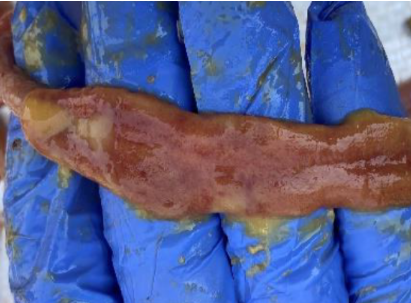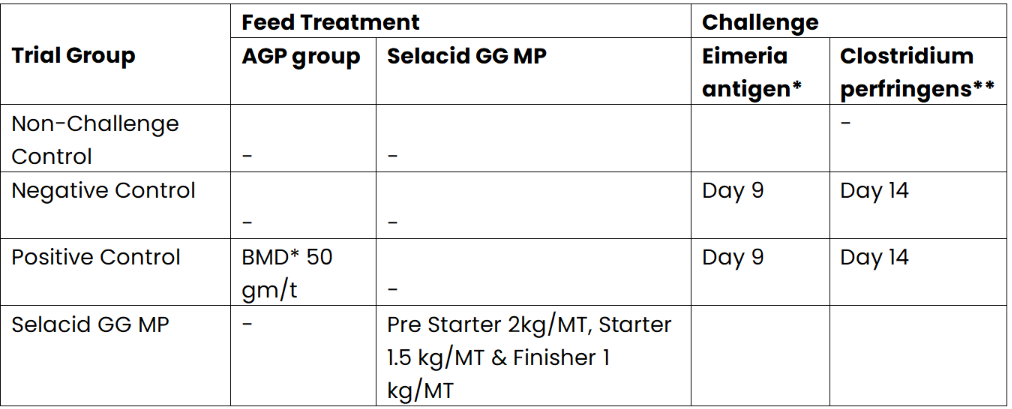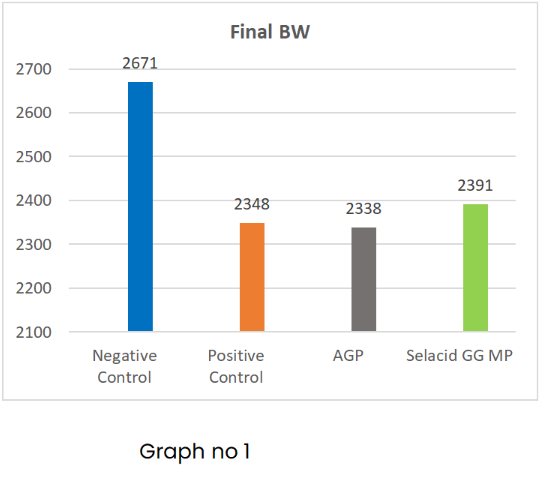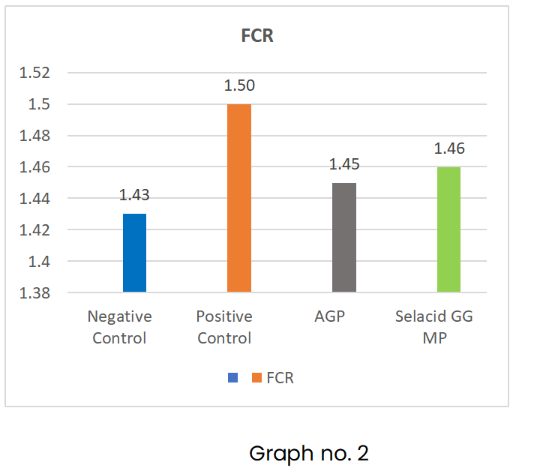An Effective Strategy to Control Necrotic Enteritis in Monsoon Season
Dr. Ashok Rajguru, Program Manager – Gut Health, Trouw Nutrition South Asia
Necrotic enteritis is one of the most prevalent poultry diseases globally as well as in the India also. Necrotic enteritis incidences are depending on the season and weather condition. NE cases increase during rainy season due to higher relative humidity in broiler shed which leads to wet litter condition. This necrotic enteritis causes significant challenges in broiler production specially in monsoon season. It will impact both profitability and poultry health. Necrotic Enteritis (NE) is a major concern, causing substantial production losses and compromising bird welfare. Necrotic Enteritis caused by Clostridium perfringens which is a prevalent enteric bacterial disease in broilers leading to high mortality rates, reduced growth, and poor feed efficiency. Even in its subclinical form, NE can significantly impair feed efficiency without showing clinical symptoms. Given the economic implications and consumer demand for antibiotic-free chicken, controlling NE becomes a challenge for poultry producers.
Mechanism of Necrotic enteritis (NE) in Broiler:
NE can arise when a pathogenic strain of C. perfringens invades, colonises the gut, and then increases in abundance and produces toxin(s) that damages the gut epithelial layer, thus compromising gut integrity and function.

Intestinal necrotic enetritis
Alternative approach for Necrotic enteritis (NE)control:
There are three strategies to control necrotic enteritis
1) Management practices- good farm management practices like comfortable temp. (26-300C), better litter conditions, good quality water supply, proper stocking density, biosecurity helps for reducing impacts of NE.
2) Vaccination-many experimental vaccines of NE reported but having limited efficacy.
3) Feed additives- in market many products are available such as Organic acids, prebiotics, probiotics, postbiotic and phytogenic products.
Organic acids, including short-chain fatty acids (SCFA) and medium-chain fatty acids (MCFA), have long been recognized for their antimicrobial effects and ability to promote gut health. Research conducted by Trouw Nutrition investigated the efficacy of blends of organic acids as alternatives to control NE and antibiotic growth promoters (AGP) in broiler production. The findings revealed that a combination of SCFA and MCFA effectively controls both gram-negative and gram-positive bacteria in feed, including the pathogen responsible for Necrotic Enteritis. Selacid GG MP, developed by Trouw Nutrition, emerges as a comprehensive solution for enhancing gut health and combating enteric diseases in broilers. This formulation contains blends of free and buffered SCFA and MCFA, which control bacterial contamination in feed and act as potent antibacterials within the gut. By maintaining a healthy gut environment, Selacid GG MP supports optimal digestion and nutrient absorption, thereby enhancing performance even under disease challenges. Studies comparing the efficacy of Selacid GG MP with AGP Zinc bacitracin demonstrated promising results in terms of improved growth performance and broiler health during gut health challenges. These findings underscore the efficacy of organic acids in reducing mortality and mitigating the incidence of Necrotic Enteritis in broilers.
Trouw Nutrition conducted NE challenged validation trials on male Ross 308 broilers. Trial was conducted for 35 days.
Table no.1 experiment design on Ross 308 male chicks for 35 days

*BMD: Bacitracin Methylene Disalicylate
*oral one-off-dose of 1 ml field strains of Eimeria spp. oocysts (5,000 oocysts of E. acervulina, 5000 of E. maxima, 2,500 E. brunetti)
** oral administration of 1 ml of Clostridium perfringens NE18 grown to 1×108 CFU/ml
Final Birds performance at 35 days: Graph 1 & 2


Conclusion
In monsoon season, high prevalence of NE negatively affects economic of the farmers. Some of the feed additives demonstrated effective tools for reducing NE incidence such as organic acids. Organic acids emerge as a viable solution for managing enteric diseases like Necrotic Enteritis. Selacid GG MP, with its potent blend of SCFA and MCFA, offers a proven strategy for reducing bacterial infections, improving gut health, and enhancing overall poultry performance. By leveraging the antimicrobial properties of organic acids, poultry producers can mitigate the economic impact of enteric diseases especially necrotic enteritis and meet the growing demand for antibiotic-free chicken.